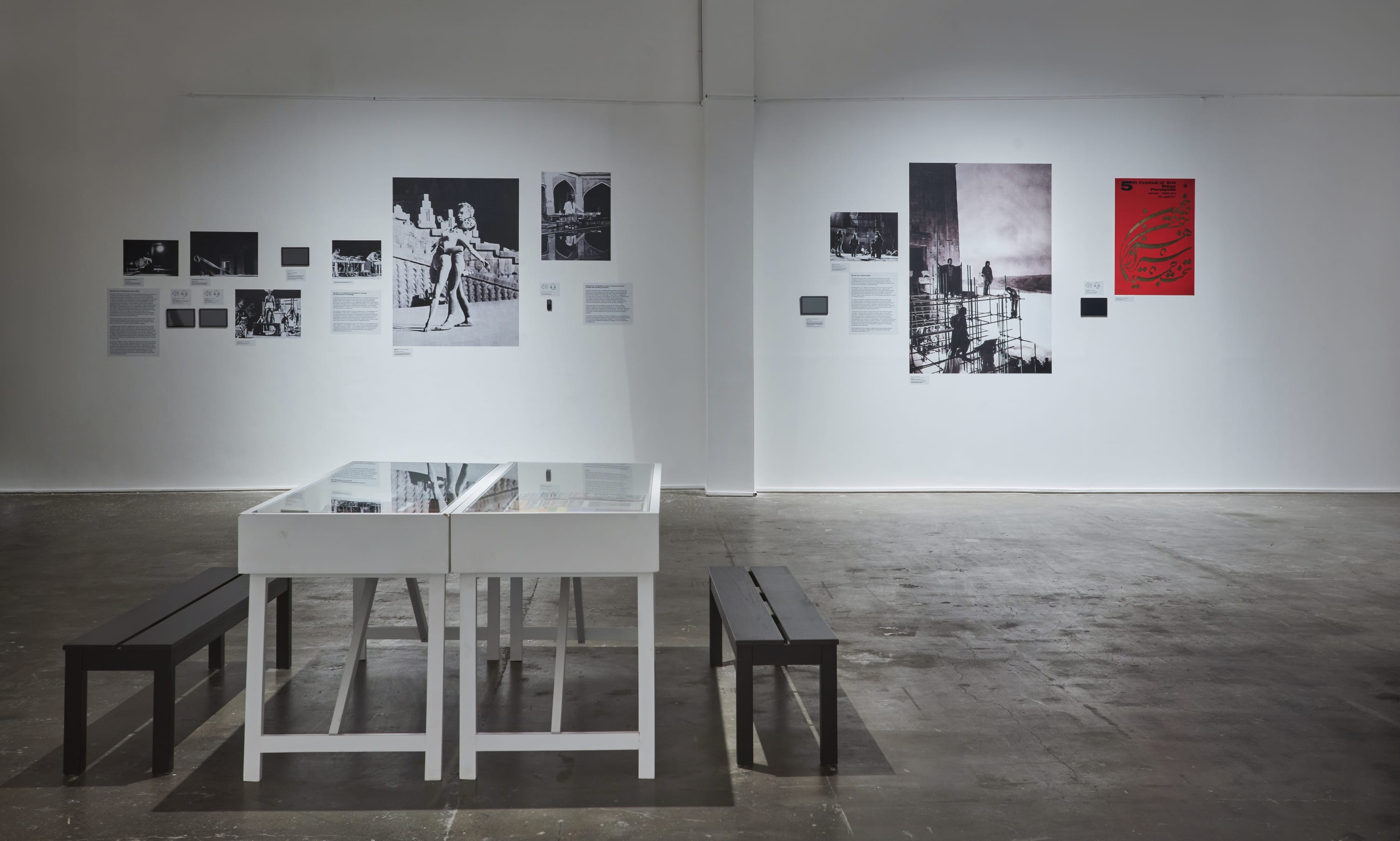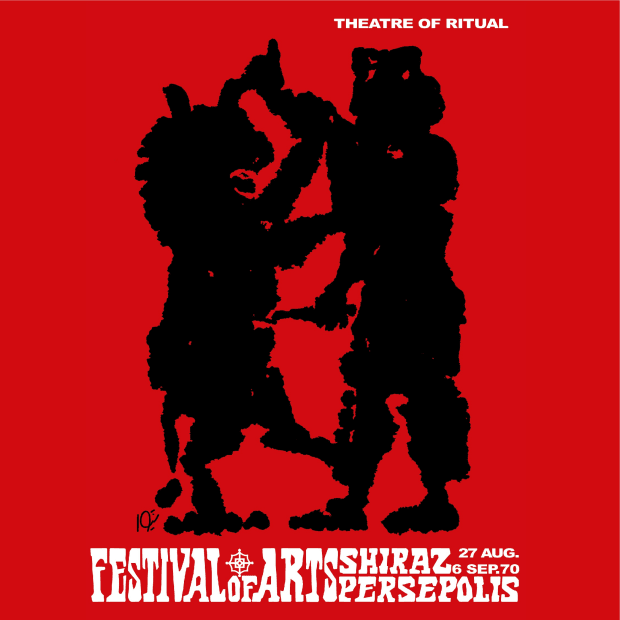- A Utopian Stage is a multi-faceted and open-ended, evolving project that revisits the intersection of modernism, art and revolution through the radical aspirations of the hyper-modernist networks of artists and experimentalists which defined the 1960s and 1970s. This reconstruction of a complex space of international modernity is defined by the ‘third worldist’ sensibilities of the immediate post- colonial period.
-

-
The project traces a Cultural Atlas through which knowledge was exchanged across alternative (often non-European) plateaus.
The project traces a Cultural Atlas through which knowledge was exchanged across alternative (often non-European) plateaus. This process of global ‘reorientation’ takes us through a reconstruction of the gaze – subverting the single ‘reading’ of West to East into a more cyclical model, engaging in cultural, philosophical and political negotiations from East to East, East to West, South to East, South to South – constructing a panoramic exchange of global philosophical and artistic discourse. The project explores how in the aftermath of the collapse of European hegemonies and the rise of the Global South a fluid artistic exchange was possible across geographies, histories and forms in ways and on a scale that had never been possible before. -
-
The ideals, as well as, the highs and lows of 20th century modernist universalisms are explored from the vantage point of the sensibilities and urgencies of the emerging Global South and their alliances with the international avant-garde.
-

-
As a multipartite project, A Utopian Stage takes the decade-long Festival of Arts, Shiraz-Persepolis (1967-1977) as its point of departure and as a case study. The festival, whose excavated archives have been banned in Iran since 1979, is considered as one of the most uniquely transformative inter-cultural experiences, perhaps the most radical multi-disciplinary crucible of any commissioning festival in history.
- Curated by Vali Mahlouji / Archaeology of the Final Decade
-

-

-
-
The festival itself was targeted and attacked through moralising, religious accusations of decadence, obscenity and blasphemy
The festival itself was targeted and attacked through moralising, religious accusations of decadence, obscenity and blasphemy in 1977 by Islamists and was subsequently banned in Iran in 1979. Many of the artists involved were banned from work and its archives were destroyed or removed and remain banned to date.
-
AOTFD’s painstaking retrieval of those archives aims to push back those accusations to reveal a seminal modernist event in line with the euphoric drives and ideals of progress, openness, emancipation, inclusivity, and the overarching notion of a unity of disunities.
-

A UTOPIAN STAGE: Excavated Archives: Festival of Arts, Shiraz-Persepolis
Past viewing_room




















